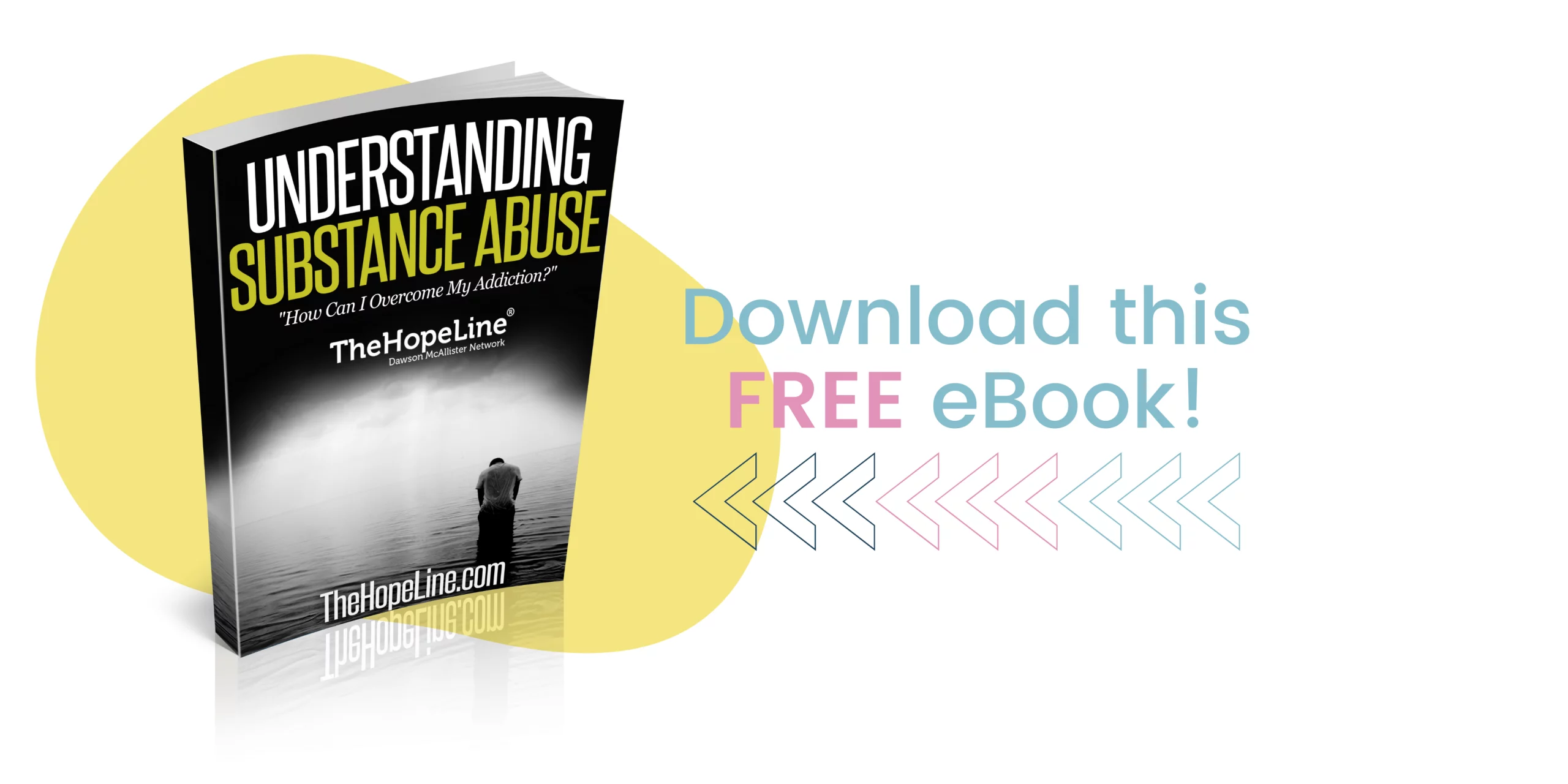If you’re in addiction recovery, you’re probably haunted by one question over and over: will I relapse again?
There’s no one-size-fits-all solution when it comes to staying clean, but there are some things recovery experts recommend that could go a long way toward helping you avoid a further relapse into addictive behavior.
Know Your Triggers
“Relapse triggers” are any of a number of emotions, behaviors, or situations that are likely to put you at high risk of relapse.
Many triggers are connected to strong physical and emotional sensations. When you’re hungry or tired, you’re more likely to turn to addictive substances or behaviors to soothe those feelings. Healthy self-care (remembering to eat, hydrate, and rest) is key to recovery without relapse.
Although anger, stress, depression, or anxiety can feel overwhelming, negative emotions are a part of everyday life. Learning how to manage them with healthy coping techniques like therapy, mentorship, or the help of a support group (rather than turning to addictive behavior to numb them) can help you avoid relapsing.
This is particularly important if you have a preexisting physical or mental illness. Mental health diagnoses can make it more difficult to identify healthy coping mechanisms without help from a trained professional. But working with a mentor or therapist equips you with a plan unique to your needs, your goals, and your strengths.
Be Mindful of Places and People
As you grow in your recovery, more positive emotions will surface. You may even feel ready for life to “get back to normal”. But be very careful when it comes to choosing where and with whom you spend your time.
Experts recommend avoiding the people with whom you engaged in addictive behavior in the past. If you need help building new relationships, find a local support group or recovery meeting.
Spend time in places where there is little-to-no temptation to engage in your addictive behavior. For example, if you have an alcohol addiction, avoid bars and nightclubs. Try your favorite park, cafe, or museum instead.
It’s a good idea to avoid romantic or sexual relationships within the first year of your recovery. Sudden, heightened emotions – even positive ones – can trigger a relapse.
If you’re in a long-term relationship before beginning your recovery, make sure your partner is also willing to stay clean and sober. Whether or not they have an addiction, encourage them to come to recovery meetings with you. Make sure you communicate regularly about the support you need from them, and be sure to show appreciation for their support.
It’s important to surround yourself with people who will promote, encourage, and prolong your recovery. Because they help you avoid social isolation, healthy, loving friendships and family relationships make relapse less likely.
Something to Celebrate
When you’re in recovery, every day clean and sober is a victory. But how do you celebrate without putting your sobriety in danger?
Be encouraged by the words of the Apostle Paul:
“Do not think of yourself more highly than you ought, but rather think of yourself with sober judgment, in accordance with the faith God has distributed to each of you.” — Romans 12:3, NIV
Do your best to temper overconfidence with a realistic, healthy view of your struggles and limitations. This will help you be more mindful of your relapse triggers, more likely to share them with people you trust, and more likely to avoid them in the future.
While you certainly shouldn’t despair if you stumble during your recovery, it’s important to strike a balance. Ask for help when you’re struggling, rejoice when you succeed. Strengthening your faith and recommitting to prayer helps you avoid unhealthy extremes, like thinking you’re invincible during your recovery or reminiscing about “the good old days” in a way that minimizes the pain of your addiction. This sober mindset means you run less risk of hurting yourself or people you love further by relapsing into addictive behavior.
Getting support, avoiding isolation, and facing your feelings in a healthy way will empower you to better avoid relapse as you take charge of your recovery journey.
Celebrate your victories, no matter how small, with gratitude and humility. Give thanks in prayer each day. Let the people who love you know how important they are to your healing and wholeness. Pour your favorite tea, go for an afternoon walk, or sit down with your favorite movie. There are plenty of ways to celebrate while keeping yourself sober and safe.
Have a Plan
Knowing what triggers your addictive behavior can certainly help you avoid a relapse, but that's not enough. you need a plan that includes:
- How you will replace unhealthy or addictive behaviors with healthy ones
- New places to go (and people to spend time with) that don't tempt you toward addictive behavior
Get Support
Recovery from addiction is never impossible but getting and staying clean is a lot more attainable with the right support.
In fact, addiction research shows that treatment programs can help prevent relapses and decrease relapse rates, particularly if the entire treatment program is completed.
Whether it’s getting help through TheHopeLine, your faith community, a recovery meeting, or a close friend or family member, you can free yourself from past addiction and avoid future relapses.
We support people at every stage of addiction recovery. We can help you heal from addiction — starting now.



